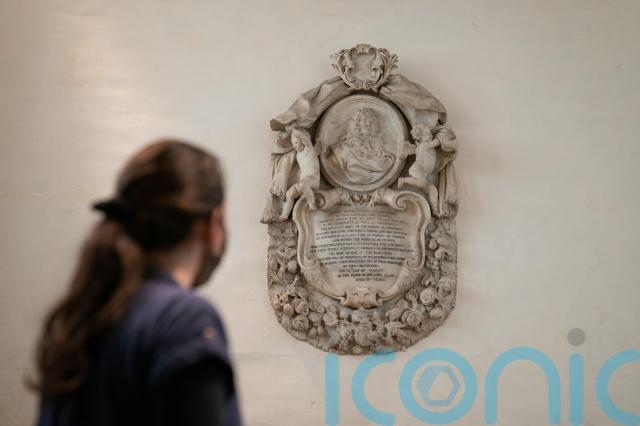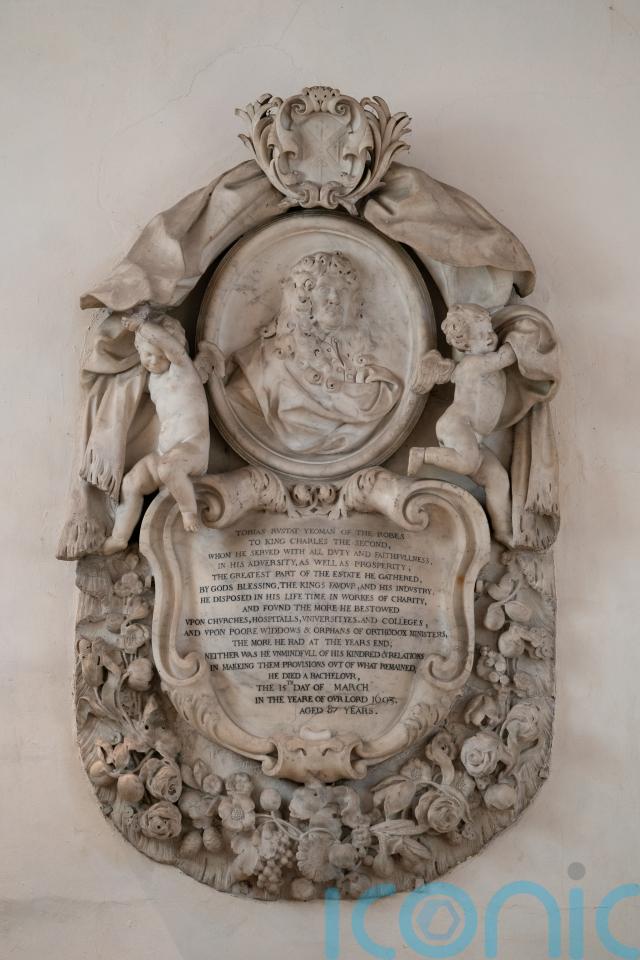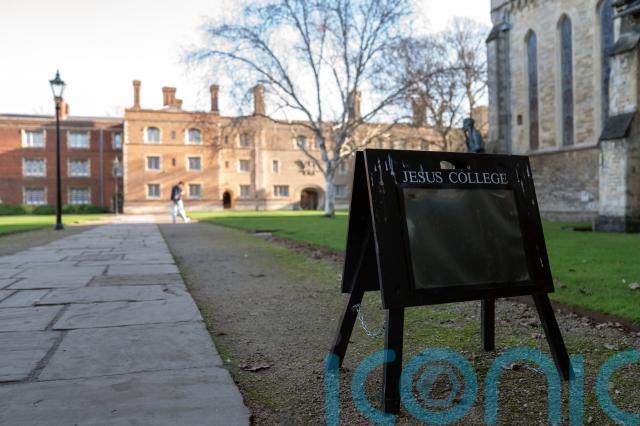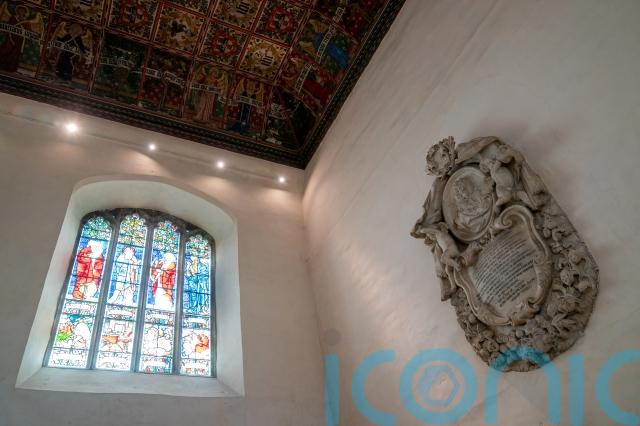
Where in the gospels is slavery actually condemned?
That was the question asked during a church court hearing being held to determine whether a University of Cambridge college should remove a memorial to a slave trader.
An ecclesiastical court at Jesus College was questioned by the lawyer acting for those opposing removal of a memorial to Tobias Rustat, a 17th century investor in the slave trade, from the college’s chapel.

Justin Gau, of Pump Court Chambers, asked: “Where, for example, in the gospels is slavery condemned?”
He said St Paul returned a “slave to his master” and added: “What was he doing there?”
The college’s dean of chapel, Reverend James Crockford, said it happened when St Paul expected the end of the world “imminently”.
Rev Crockford said students may not be able to exercise “critical thinking” if they are disturbed by the memorial, and supported its removal.
Mr Gau argued “the individual should be judged as a whole and as a part of his society”.
Rev Crockford said “we should indeed be understanding individuals within their context”, but said: “The memorial focuses very much on the financial virtues of Tobias Rustat and so there’s a particular lens within which we need to see this memorial.”
Mr Gau questioned whether the chapel was a “safe space” for undergraduates and asked: “Do you think that church should always be a safe space?”
Rev Crockford, who is responsible for the historic chapel, replied: “Yes.”

Mr Gau said: “We shouldn’t remove the difficulties life throws at us in a chapel, should we?”
He suggested some undergraduates are “unchurched”, saying a “a crucified man, a dead man who had been tortured” would also be disturbing.
Mr Rustat, an investor in the Royal African Company (RAC), became one of Jesus College’s largest benefactors prior to the 20th century.
The RAC played a major role in the slave trade during the 17th century.
Rev Crockford believes the memorial is a “barrier to (students’) participation” in the chapel”, the hearing was told.
He told Mr Gau that, as he understands it, the “discomfort” of undergraduates and fellows regarding the memorial relates to the “difficulty and significance of a monument that celebrates the life of the man … and his financial dealings”.
Mr Gau referred to a phrase often repeated in students’ emails: “It’s totally wrong for the statue of someone who was so heavily involved in the horrific crimes of slavery to be glorified in the heart of our community.”
And he said one email saying Mr “Rustat made his money from slavery and caused immeasurable human suffering” was wrong.

Rev Crockford replied: “It’s my understanding that he did make some of his money from slavery.”
A student’s email dated December 19 2020 said Mr Rustat “amassed much of his wealth from the RAC”, which Mr Gau said is “simply not true”.
The email continued: “The college has clearly denounced its bequest from Rustat as morally repugnant.”
Mr Gau asked Rev Crockford how the college had denounced the bequest.
Rev Crockford replied: “I perhaps wouldn’t have used those words myself.”
Another email from an undergraduate expressed strong support for the removal of the memorial, and claimed Mr Rustat has “been clearly demonstrated” as “a very active slave trader”.
Mr Gau said there was “no demonstration in any document that Tobias Rustat was any sort of slave trader”.
Rev Crockford said: “Not perhaps in the narrow definition of the word.”

The email also claimed the memorial commemorated “white supremacy”.
Last year, the college submitted an application to the Diocese of Ely to relocate the memorial to a permanent exhibition space in the college.
The memorial, on the west wall of the chapel, was commissioned by Mr Rustat when he was already a major benefactor to the college.
Last year, college archivist Robert Athol said the plan to move it would “allow for restoration and study of the monument, and it will enable people to engage with it as an artistic piece and as a vehicle for discussion about the history and legacy of enslavement”.
Jesus College’s application to the Diocese states that keeping the memorial within the chapel is “inconsistent with the tenets of the Christian faith”, and is a “hindrance to participation in the pastoral and community activities of the college which take place in the chapel”.
Subscribe or register today to discover more from DonegalLive.ie
Buy the e-paper of the Donegal Democrat, Donegal People's Press, Donegal Post and Inish Times here for instant access to Donegal's premier news titles.
Keep up with the latest news from Donegal with our daily newsletter featuring the most important stories of the day delivered to your inbox every evening at 5pm.